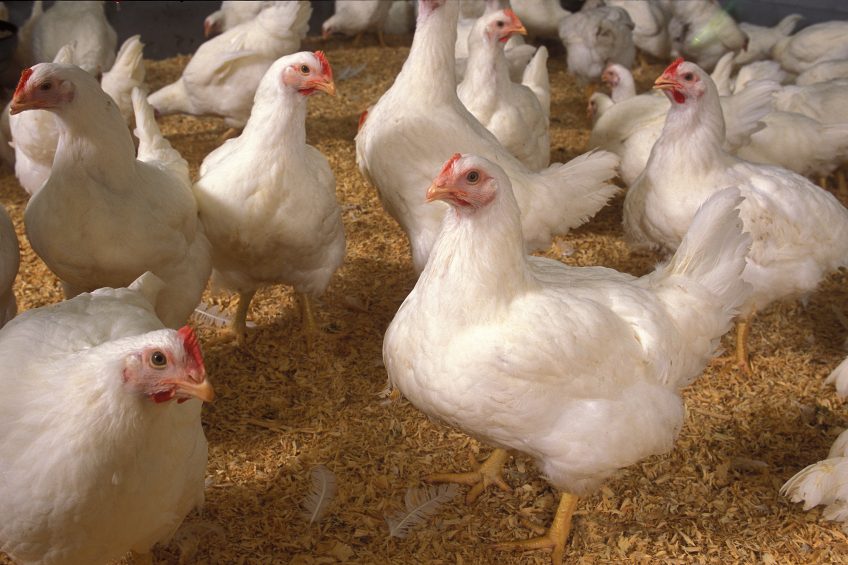McDonald’s to limit antibiotics used by its chicken suppliers

Global fast food chain McDonald’s has announced it is to limit the use of antibiotics by its global chicken suppliers.
The new action is part of an update to its Global Vision for Antibiotic Stewardship in Food Animals, which McDonald’s unveiled 2 years ago.
Preserving key antibiotics
It is geared towards preserving key antibiotics for human health by reducing and, where possible, eliminating antibiotic therapies in food animals. The company said that broiler chickens produced in Japan, Brazil and South Korea, as well as Canada and the United States would eliminate antibiotics that the World Health Organisation (WHO) defines as Highest Priority Critically Important Antimicrobials (HPCIA) to human health by January 2018.
A welcomed move
HPCIA’s include quinolones, cephalosoporins, macrolides and ketolides. In Europe, producers will still be able to use colistin, an antibiotic of last resort but no other HPICAs. By the end of 2019, suppliers in Australia and Russia will stop using HPCIAs and European suppliers will remove colistin. Suppliers in all other markers will comply by January 2027 although McDonald’s said its goal was to have this policy implemented before this date. The move was welcomed by US consumer advocacy group Consumers Union, which has been pressing fast food chains to bar the use of antibiotics in healthy animals.
Routine use of antibiotics
Jean Halloran, the group’s director of food policy initiatives, described the plan as a bold vision for preserving critical medicines. “If fully implemented, it could be a total game changer that could transform the marketplace given the company’s massive buying power,” she said.
Other were less certain. EU-wide campaigning coalition Save our Antibiotics welcomed the move to end the use of fluroquinolones in poultry next year but said more action was needed in areas around the routine use of antibiotics. Lena Brook, National Resources Defense Council food policy expert, wrote in a blog that McDonald’s “moves the needle forward” with the update of its microbial stewardship vision.
McDonald’s said in its update that it was also working on antibiotic plans for laying hens.













